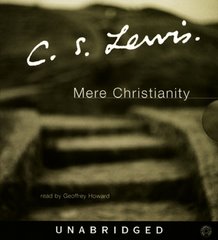
O.K. So you're busy. No comments on the last post as of this afternoon. Try again this week. Those of you who feel
Left Behind (not the fiction series) are blessed that we did not finish chapter two, so there is time to catch up.
Thanks for jumping into the local group today at the RLBC Starbucks, Dani T.
Thanks for the French Press so we could savor our Starbucks, Lil' Rabbi.
For next Monday (10-23-06) we will discuss pages 36-41. Do not be afraid to mark up your book. Here are some thoughts to prime your pump:
- Read Romans 8:18-21 and note the first paragraph under the heading Are You Being Used? on page 36. Give some examples of what God might need to do to liberate you from the "bondage of self regard."
- With that in mind, what is the reaction that most glorifies God when you fall prey to hard times or evil people in this world? How does understanding Romans 8:29 help you react in ways that focus the telescope on God?
- Ponder the art gallery illustration on pp. 36-37. What are some examples of the "paintings" we should be admiring? What are examples of distractions that keep you from enjoying the "paintings" and make you bored with the gallery?
- Look again at the last half of page 39. Consider all the non-Christians around you and how many Postmodern Christians have sought to appease them by flattering them and admiring their religions. Put yourself back in "the gallery." What is the most loving thing you can do for those who stand there as bored with the paintings as you used to be? Consider Paul's words on Mars Hill in Acts 17.
I understand that the Phellowship is invited to the Lancaster farm (pharm?) for the Christian Combat youth activity at 6:00 P.M. on Friday (10-20-06). Taking the younger kids into the "paint gallery" has rewards that outweigh losing a Friday night, right?
See you online or in church.
Sls



